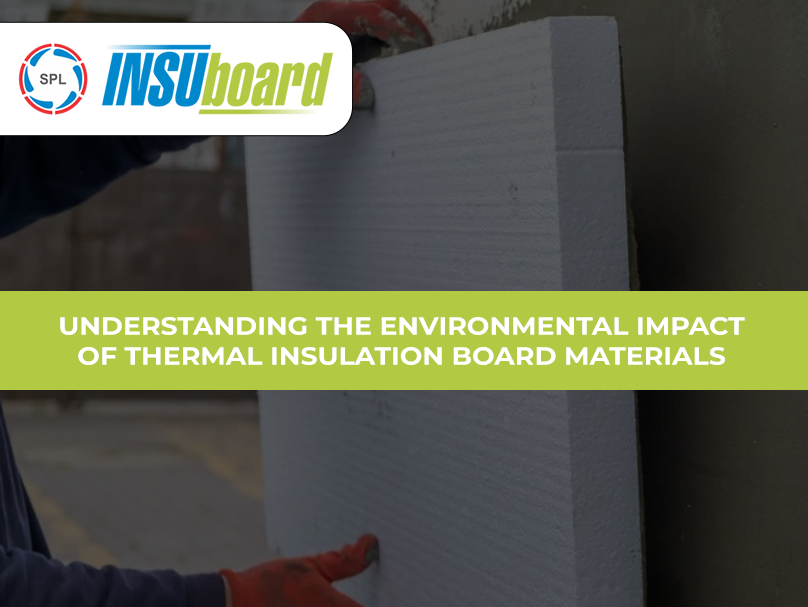Understanding the Environmental Impact of XPS Thermal Insulation Board Materials
In the world of sustainable creation and energy efficiency, the choice of thermal insulation substances plays a crucial role. Among the diverse options available, XPS (extruded polystyrene) boards have gained recognition for their first-rate thermal insulation properties. However, it is essential to delve into the environmental effects of XPS thermal insulation board substances to make knowledgeable decisions about their use in production projects.
Introduction:
In the world of sustainable creation and energy efficiency, the choice of thermal insulation substances plays a crucial role. Among the diverse options available, XPS (extruded polystyrene) boards have gained recognition for their first-rate thermal insulation properties. However, it is essential to delve into the environmental effects of XPS thermal insulation board substances to make knowledgeable decisions about their use in production projects.
Composition and Properties of XPS Boards:
XPS boards are made from polystyrene resin, which is processed with the use of an extrusion technique. The closed-cell structure of XPS provides great thermal insulation by minimizing heat transfer. These forums are lightweight, moisture-resistant, and durable, making them suitable for an extensive variety of applications.
Energy Efficiency and Reduced Carbon Footprint:
One of the primary reasons for the massive use of XPS thermal insulation boards is their contribution to electricity efficiency. By minimizing heat loss via walls, roofs, and flooring, XPS forums help preserve indoor temperatures, decreasing the need for excessive heating or cooling. This electricity-saving issue translates into a decrease in carbon footprint over the lifespan of a building.
Recyclability and Environmental Concerns:
While XPS forums are efficient in terms of power conservation, concerns have been raised about their environmental effects. XPS isn't always effortlessly recyclable because of its manufacturing procedure and chemical composition. However, some efforts are being made to develop recycling technologies for polystyrene substances, and it's important for the industry to explore extra sustainable options.
Longevity and Durability:
XPS thermal insulation boards are recognized for their durability and resistance to moisture, ensuring a longer lifespan. The extended carrier existence of those boards contributes undoubtedly to their environmental impact, as fewer replacements are wished through the years.
Waste Management and Landfill Concerns:
The disposal of XPS boards can pose environmental challenges. When they're no longer well managed, they'll turn out to be in landfills, taking up space and contributing to environmental degradation. It is crucial for stakeholders in the construction industry to adopt responsible waste control practices, such as recycling or alternative disposal methods.
Sustainable Alternatives and Innovations:
In reaction to environmental concerns, the construction industry is exploring alternative substances with lower environmental effects. Some rising options consist of bio-based insulation substances and recycled-content insulation. It's important to stay informed about those improvements and keep them in mind during the selection-making procedure.
Conclusion:
In the end, know-how about the environmental effects of XPS thermal insulation forums includes weighing their power-saving blessings in opposition to concerns associated with recyclability and waste control. While XPS boards continue to be a popular desire for thermal insulation, it is essential for the construction industry
to continually discover and adopt greater sustainable options to make contributions to a greener and more eco-friendly future.
By making knowledgeable selections in production substances, we can strike a balance between strength performance and environmental obligation, ensuring that our buildings now not only provide comfort but also contribute to the planet.
